The 13th Floor Elevators Through Ripley’s Lens | A DIY Documentary Journey
The story of The 13th Floor Elevators will continue to resonate through the work of a devoted fan who will turn a lifelong passion into a remarkable trilogy of documentaries.
This DIY project is the result of decades of love for the band, starting in 1966 when he first saw them on Where the Action Is. Fast forward to 1995, and a chance meeting with Tommy Hall at Chet Helms’ Family Dog rekindled his connection to the band’s music and philosophy. With no production company—just himself, his wife, and a whole lot of determination—he created three entirely unique films, totaling over five hours, that dive deep into the Elevators’ music, mystique, and the madness they endured. From building friendships with Roky Erickson and Clementine Hall to preserving the memories of those who lived it, this trilogy is a heartfelt preservation of the band’s enduring impact.
Spanning over five hours, the trilogy includes three films: The 13th Floor Elevators Story (2 hours 22 minutes), Slip Inside This House—The Tommy Hall Story (2 hours 2 minutes), and Slip Inside This House—The Song as Read and Explained by Tommy Hall (46 minutes). The films feature a host of interviews with figures like Roky Erickson, Billy Gibbons, Clementine Hall, and many others, all helping to paint an intimate portrait of the band and its cultural impact.
This project, a true labor of love, offers an authentic and immersive history of one of rock’s most influential and overlooked bands. As Ripley continues to work on post-production, the films stand as a valuable resource for anyone interested in the Elevators’ music, legacy, and the lasting imprint they left on rock history.
“The 13th Floor Elevators always dropped acid and were peaking when they went onstage”
George, your trilogy about the 13th Floor Elevators sounds like a total passion project. What pulled you into their story? Was there a moment or a song that made you realize, “I have to tell this story”?
After Tommy Hall had a major health issue in 2012, he became much more open with me, allowing me to ask him questions and giving me real answers. Coupled with him saying in an interview that I was his best friend—and considering the fact that he is quite reclusive and hates interviews and interviewers—I realized I was the only person who could do this. The 13th Floor Elevators deserved to have their story told. As a footnote, I became friends with Roky Erickson in 1985 and remained his friend until he passed.
This is a pretty epic undertaking—three documentaries, years of interviews, and immersing yourself in the band’s history. What kept you going through all those years of filming and editing?
Once I got going, I knew these films were going to be epic. As more and more people agreed to be interviewed, I knew I had the complete and full story just waiting to be told. Plus, a number of them told me someone had asked them not to let me interview them. However, they agreed because they didn’t like the person who had asked them not to. That added even more reason to do it.
Any unexpected challenges that nearly made you throw in the towel?
A number of people encouraged me not to squander the opportunity and to do a full 13th Floor Elevators documentary in addition to the Tommy Hall story I originally intended. They even offered to help me. However, once they realized I was going to succeed beyond their wildest dreams, they turned their backs on me and provided no help whatsoever. I’m not like them—I won’t say who they are—but I will say I have all their emails filled with hollow promises. When people try to stop me, it gives me far more incentive to finish than to give up.
Let’s rewind a bit—would you like to share about your upbringing? Where did you grow up, and what was daily life like back in your teenage years? Did you find yourself drawn to a certain scene, or did music become your lifeline later on?
I grew up on a farm in north-central Bradford, Maine, in a poor family. From the age of about 4, I worked the family farm. One good side effect was that, while I couldn’t lift a 50-pound bale of hay, I could hang onto the steering wheel and work the clutch, brake, and gas pedals. So, I got to drive the farm truck when I was about 9. I had an older brother who really got into music when the Beatles came along, so I got to hear anything and everything he had—and he had a lot.
If we could step into your teenage room, what would we find there? Were there certain records, fanzines, or posters on your walls that defined that era for you? What were you spinning on your turntable back then?
The 13th Floor Elevators, The Chocolate Watchband, The Music Machine, The Standells, and The Beatles.
You’ve had the chance to sit down with some legendary figures in music history. What’s been the most surreal moment of this whole journey—any particular interview or story that made you stop and go, ‘I can’t believe I’m hearing this’?
Music has been an important part of my entire life. I’ve met a ton of important people long before I ever even thought of doing this. I met and shook hands with Chuck Berry, met James Brown, the Sex Pistols, the Ramones, The Clash, Patti Smith, Ritchie Blackmore, and way too many others to list.
I was in bands from 1978 till 1999, and one show I played in front of 50,000 people felt small compared to the Elevators reunion. I also worked concerts and ran Maine’s only independent label at the time, so very little surprised me. One thing, though—some people told me stories off-camera that they wouldn’t share on camera, which was entirely up to them.
The 13th Floor Elevators are considered one of the “first psychedelic bands.” But in your view, what made them truly different? Was it Tommy Hall’s vision, Roky Erickson’s voice, or just the time and place?
In 1965, when they first started, no one else was even trying to do psychedelic music—let alone in Texas, of all places. Combined with Tommy’s lyrics, Stacy’s guitar work, and Roky’s vocals, they predated every other band. Even The Grateful Dead, who had played a number of Ken Kesey’s Acid Tests, never dropped acid for their shows. They freaked out when they discovered that the 13th Floor Elevators always dropped acid and were peaking when they went onstage.
If you listen to any live recordings by San Francisco bands before the 13th Floor Elevators’ tour, none of them were playing psychedelic music.
We hear a lot about the ’60s scene—Austin, San Francisco, all those places. Do you think the real magic of those years has been captured in previous documentaries, or did you feel there was something that got left out until now?
What tends to get left out is the hatred that a great number of people had for hippies. I remember our local police carried scissors, and if they caught a hippie, they’d cut his hair. This happened all the time. We learned to keep our hair up under our hats. They called the peace sign the “sign of a chicken.”
You mentioned Tommy Hall’s epiphany in 1964 as the starting point of the Elevators. What was it like to capture his voice in Slip Inside This House? How do you even begin to film someone explaining a 46-minute psychedelic manifesto?
That one was easy. Tommy wouldn’t do it for me, so my wife, whom Tommy greatly adores, wrote the title, each verse, and each chorus on a card and asked him to do it for her while letting me film it. He then sat down and did it in one nonstop sitting from beginning to end.
You’ve assembled a pretty wild roster of voices in your films, from band members to people who were just there when it happened. What’s the secret to getting these stories out of people—especially when you’re dealing with memories that are 60 years old?
Most of these people were like myself—they wanted these memories preserved because they meant so much to them. Twice in the movie, two people tell a story and point out it was nearly 60 years ago, but it meant so much to them that they never forgot it!
What’s a story or moment you captured on film that you think people won’t expect?
Clementine Hall telling how her father got the band off for their major drug bust. You have to remember, in January 1966, getting busted with 12 pounds of weed in Texas was nearly a life sentence. But Clementine’s father had major pull with the governor, the military, and the CIA, and all they got was a slap on the hand and were released.
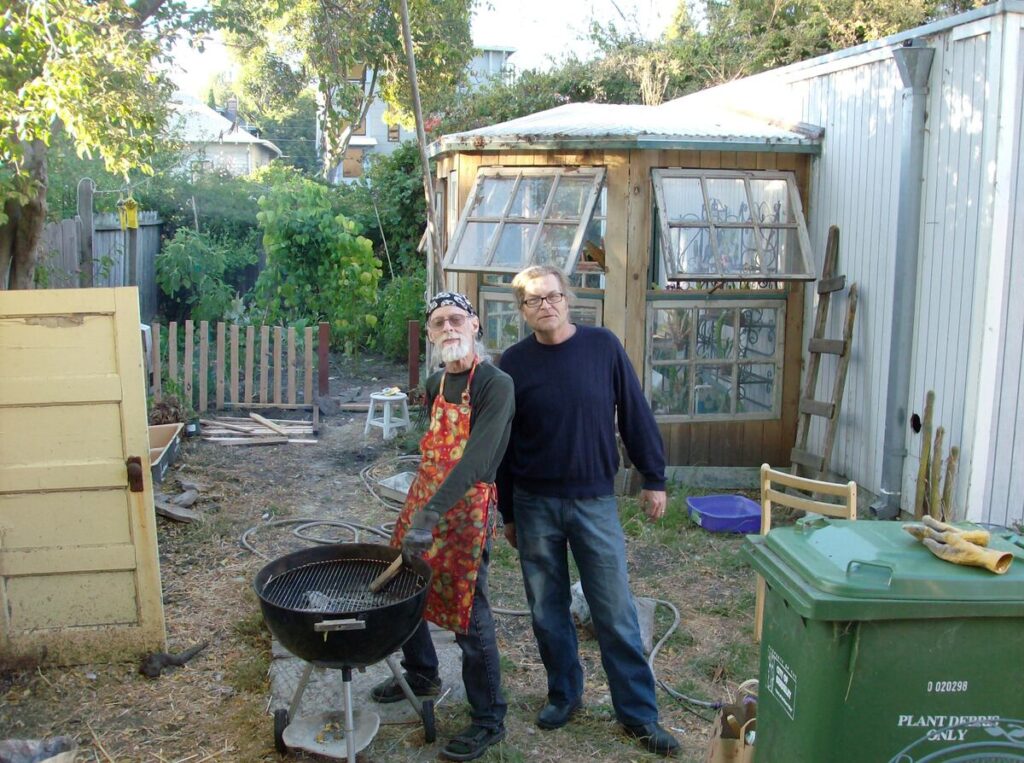
You’re bringing this story back to life at a time when vinyl is making a comeback, and there’s this renewed interest in deep dives into musical history. What do you think draws people to rediscover bands like the Elevators?
They were the first, and they paid the price, going through hell and back while still managing to record some of the most amazing music ever created—music that still stands the test of time without sounding dated. To think ‘Easter Everywhere’ was recorded on a four-track blows my mind. Most everything I ever recorded was on 16- or 24-track, and even then, we were limited. How they did it on a four-track still amazes me!
From everything you’ve experienced and learned about the Elevators, what do you think keeps their story so relevant today? Is there something timeless about their message, or do you think it’s more about the mystique?
Here was a band that recorded their first single within a month of their first show. From then on, everything—except the music—went downhill: the bust, signing to International Artists Records, the poorly planned tour. Most everything they recorded was in lesser-quality studios, the canceled East Coast tour, Roky’s breakdowns, and the mystique created by their label, which kept them from getting any press. And yet, they still managed to record three LPs that continue to blow minds to this day.
Just imagine if the record company had handled the West Coast tour correctly. They could have based the band in L.A., where they could have appeared on six or more different variety shows, including Hollywood a Go-Go, Shivaree, Kraft Music Hall, Shindig!, Hullabaloo, Where the Action Is, and American Bandstand, while touring from San Diego to Vancouver and back again.
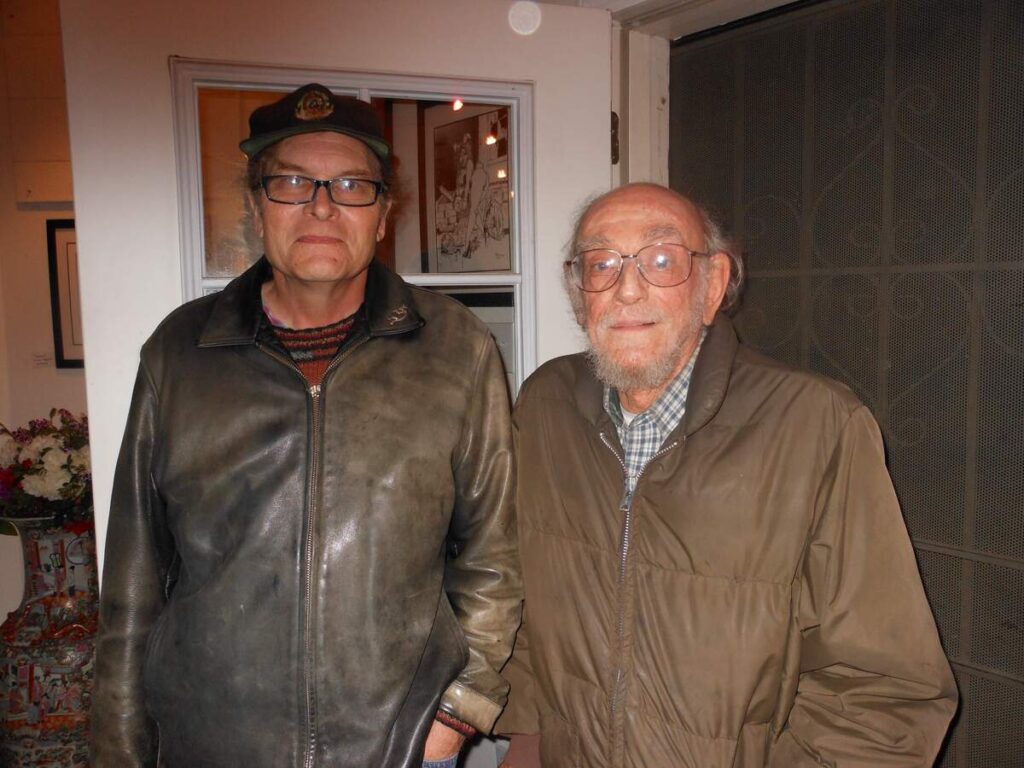
How has this journey affected you personally? Has the music or the philosophy behind it seeped into your own life?
It has always been there. My very first band’s earliest cover back in 1978 was ‘Two Headed Dog.’ Shortly after becoming friends with Tommy in 1995, I got to know Clementine Hall, Powell St. John, Craig Luckin, Duane Aslaksen, Billy Miller, and many others whom I still call friends.
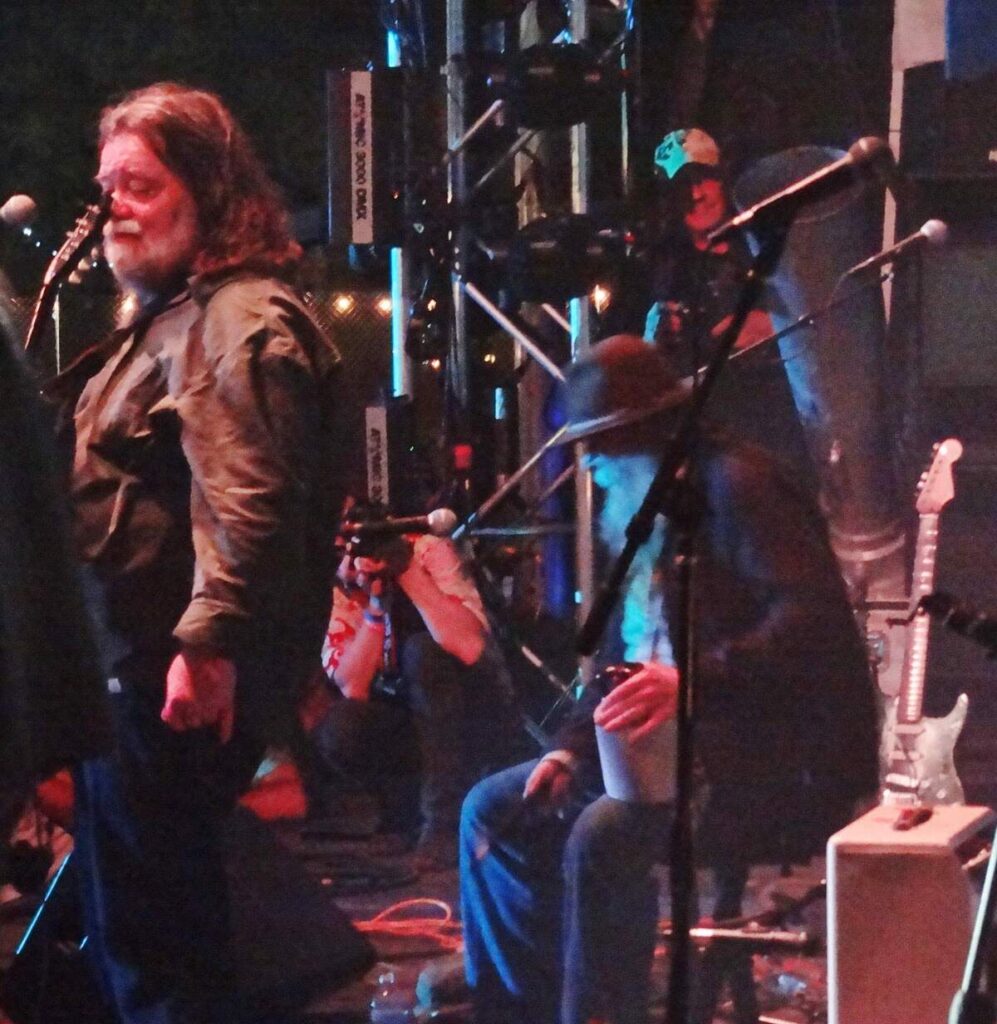
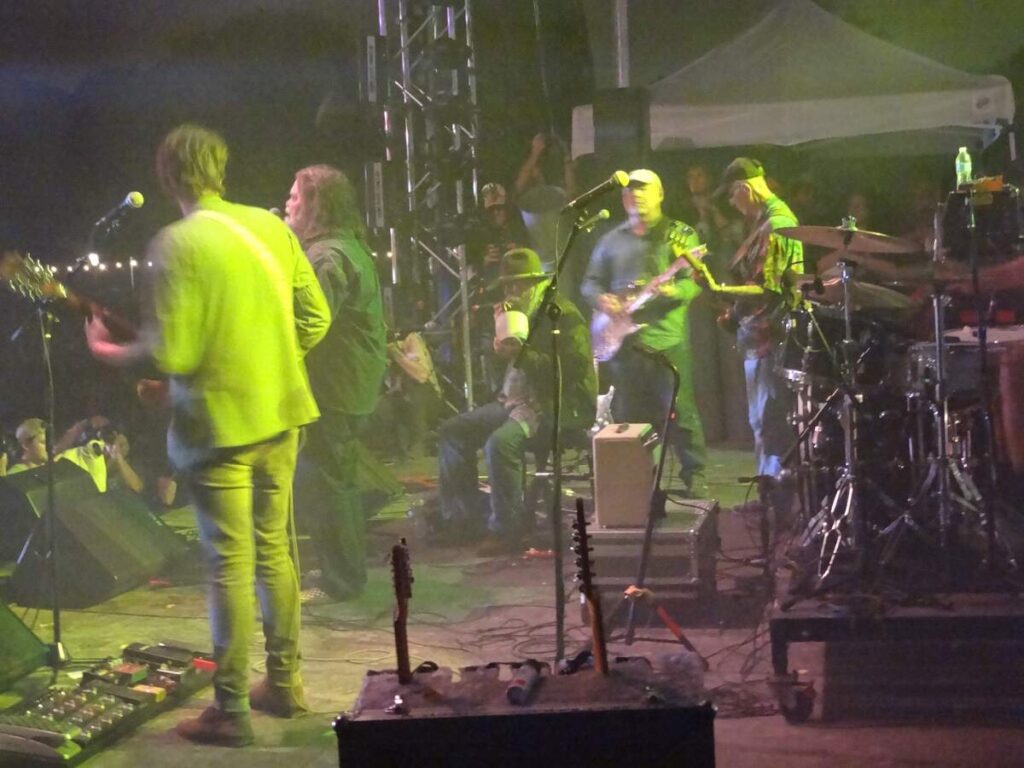
Documentaries often have to cut a lot of great material for the sake of time. Is there any interview or anecdote that you wished you could’ve included but had to leave on the cutting room floor?
This film is two hours and twenty-two minutes. I’m sure some would like it shorter, but I was the director, so this is the director’s version. Likewise, when asking someone about something that happened 55 years ago, in most cases, their answer tends to be generalized. But by using two or three people, I could nail it down.
What’s the next step for you and this trilogy? Are you thinking about diving into another musical story, or is there a different creative project on your horizon?
My very first band never got to release all the stuff we had recorded: two 80-minute CDs, one studio and one live, and a three-hour DVD. Hopefully, I’ll finally get it finished and released, if only for myself and my old bandmate.
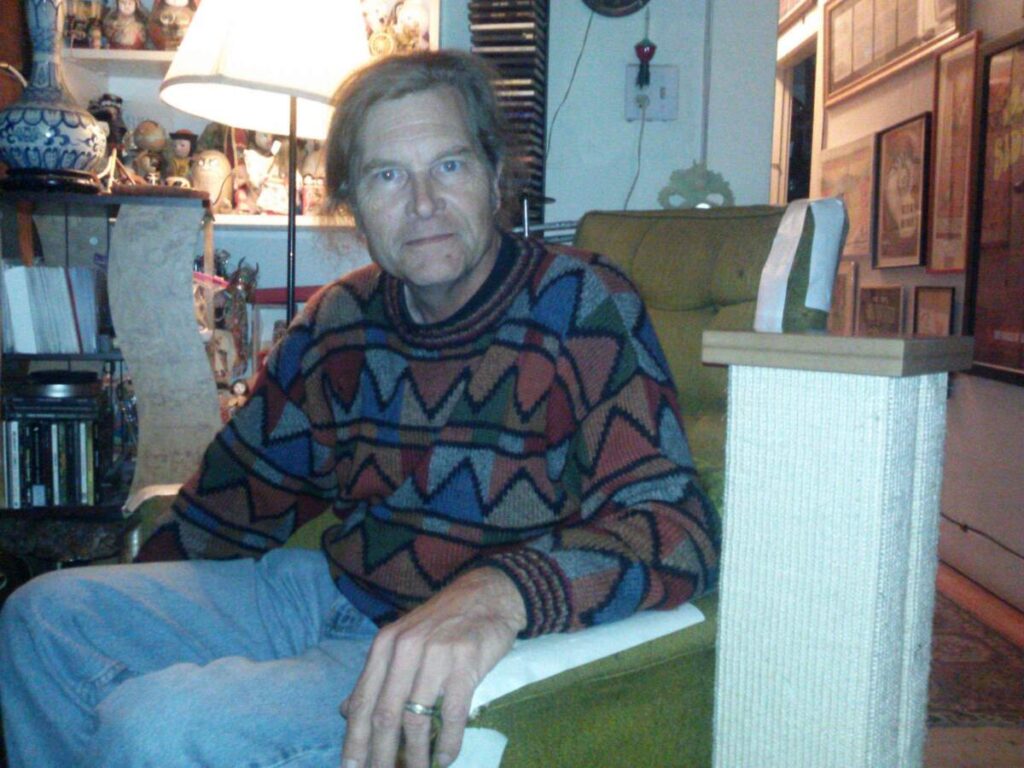
If you had to describe the spirit of the 13th Floor Elevators in three words, what would they be?
Transcends All Music
Klemen Breznikar
Headline photo: Tommy Hall and George Ripley | Photo by Priscilla J. Lee Photographer
George Ripley Facebook / YouTube

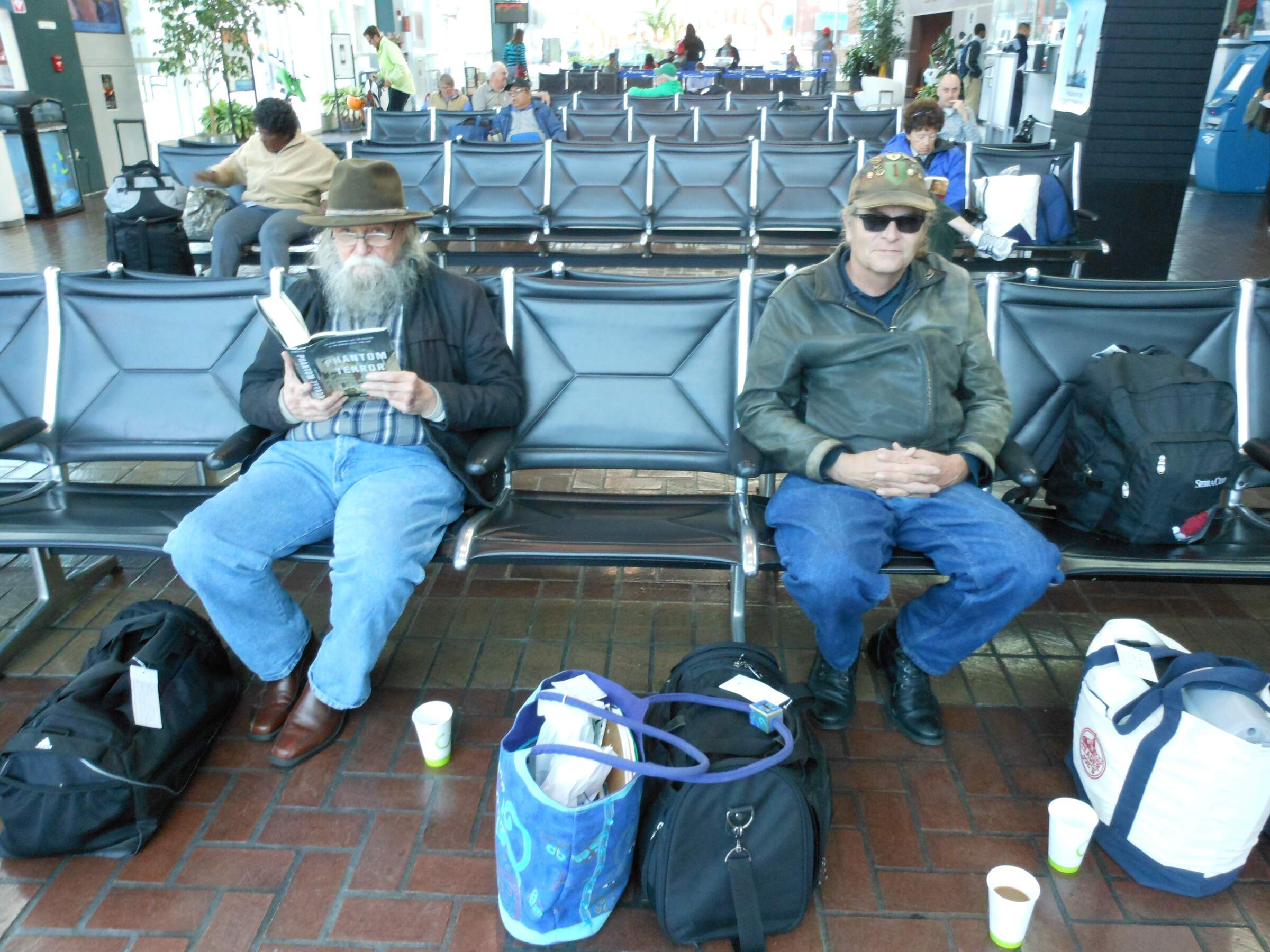

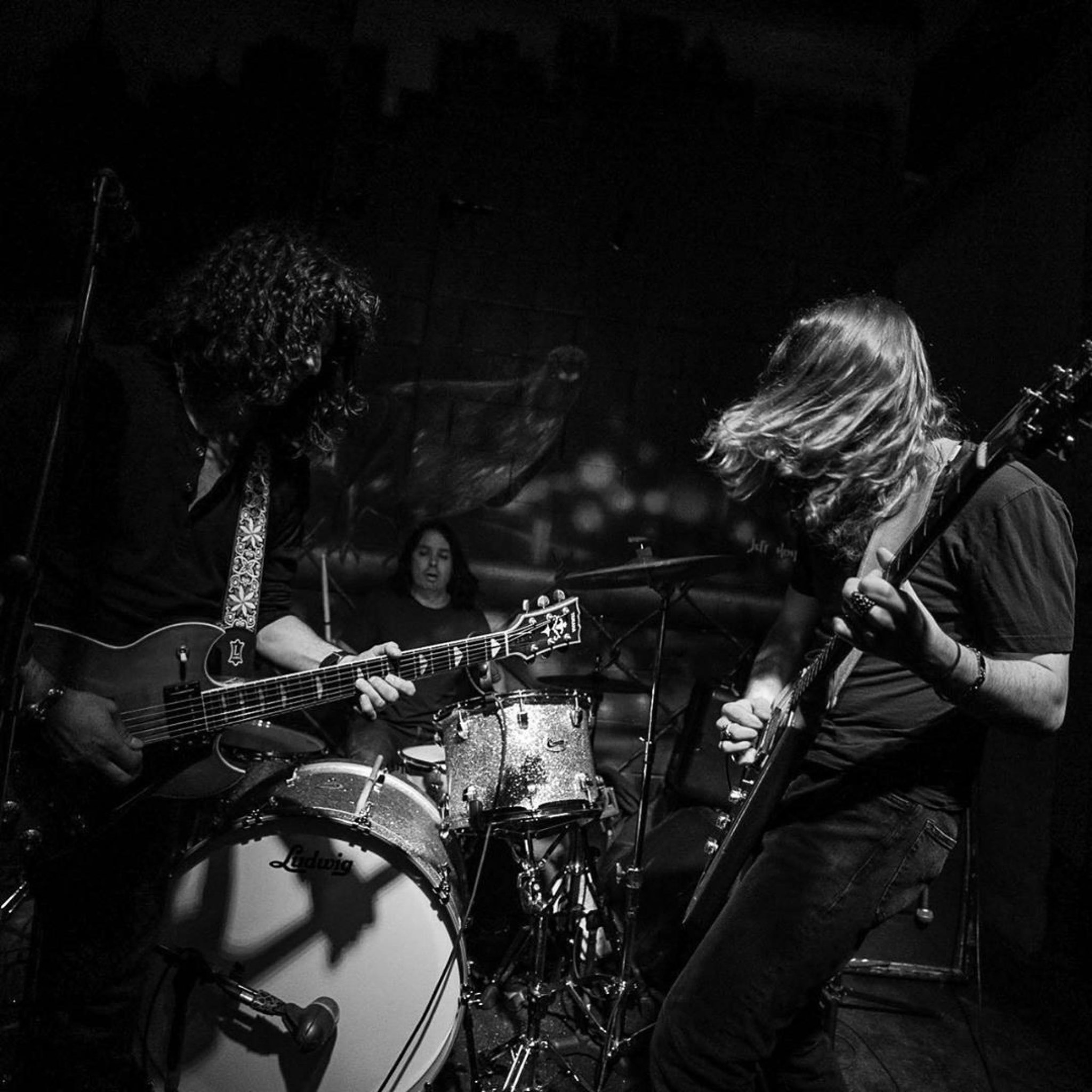
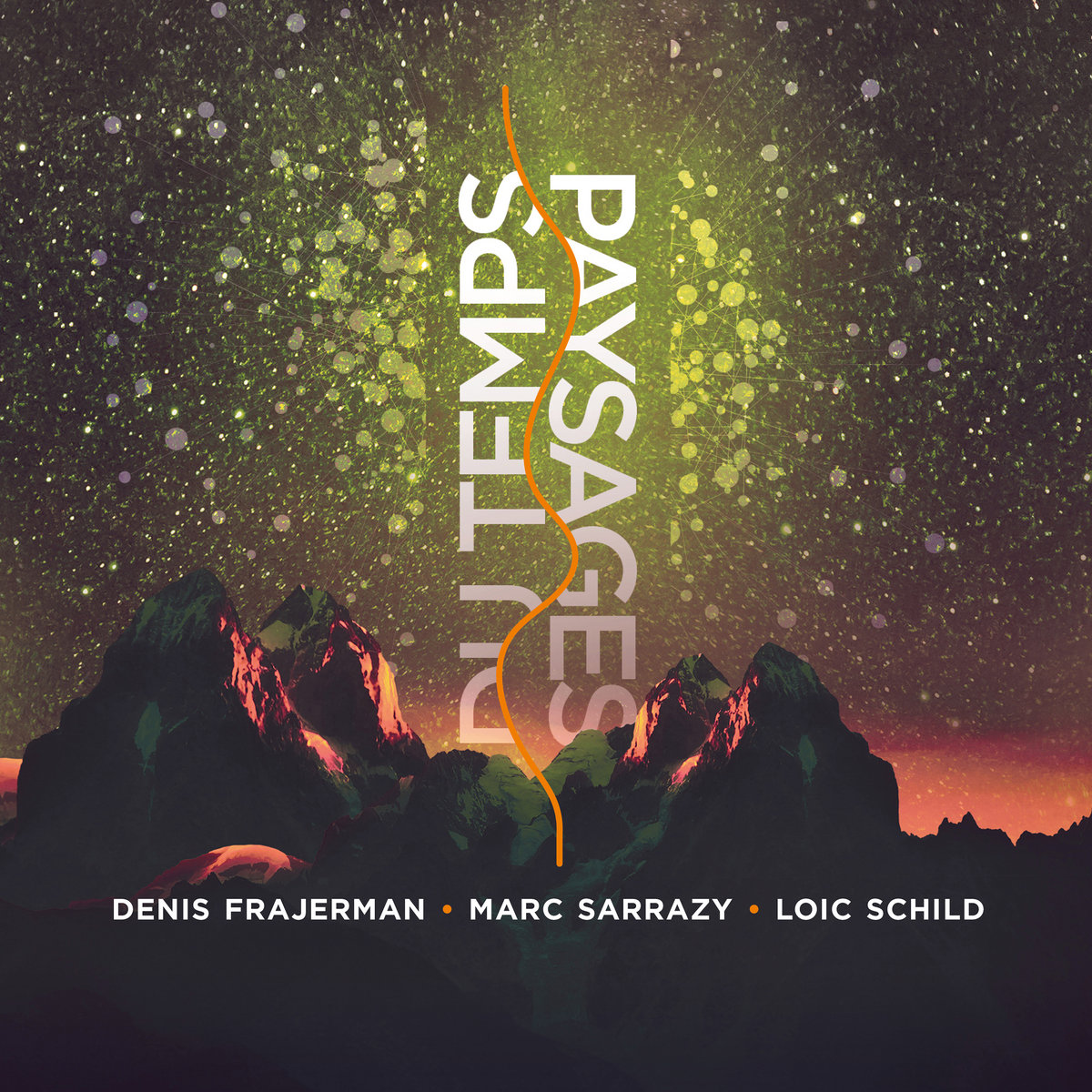
Thank you so very much, for such a great article !
looking forward to this, short documentaries leave out too much and there’s so much depth to this band’s history both during and after they were together